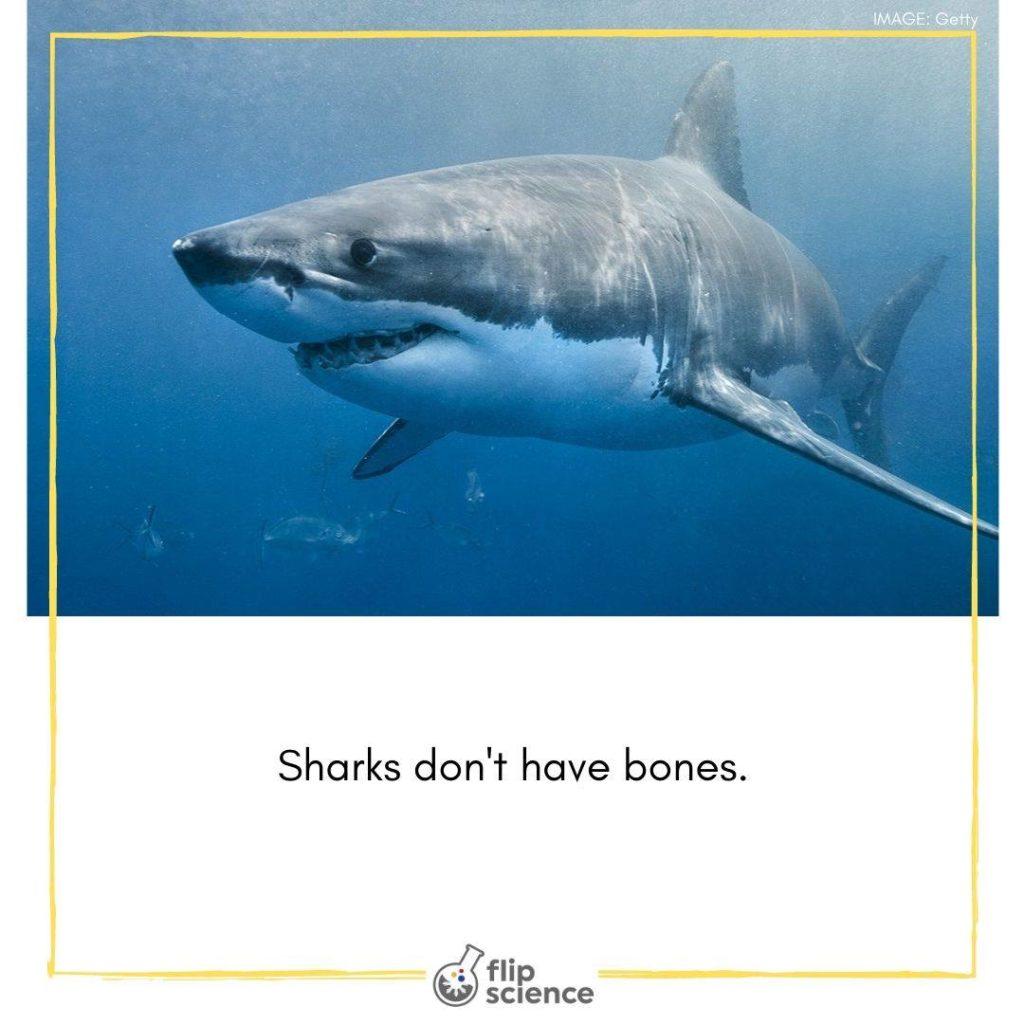FlipFact of the Day: Despite having a skeletal system, sharks don’t actually have bones. Instead, a shark’s skeleton is made up of cartilage, the same rubber-like tissue found in human ears, noses, and joints. This makes sharks lighter and more flexible, improving their effectiveness as predators.
Interestingly, despite their lighter skeleton, sharks can weigh up to 8,000 pounds!
Today’s Science History Milestone: On July 29, 2005, astronomers announced the discovery of the dwarf planet Eris, the ninth most massive object directly orbiting our Sun. Partly because of its discovery, the International Astronomical Union (IAU) was compelled to define what a planet actually is. This eventually led to Pluto being reclassified as a dwarf planet.
Still remember your 5th-grade science classes? Test your knowledge and see if you still remember these facts and fundamental concepts in human anatomy, biology, botany, and other branches of science. Click here to try the “Are You Smarter Than A Pinoy Fifth-Grader” Challenge.
Follow the hashtag #FlipFacts on Facebook and Instagram to get your daily dose of science trivia!
References
- https://sciencetrends.com/do-sharks-have-bones/
Author: Mikael Angelo Francisco
Bitten by the science writing bug, Mikael has years of writing and editorial experience under his belt. As the editor-in-chief of FlipScience, Mikael has sworn to help make science more fun and interesting for geeky readers and casual audiences alike.







